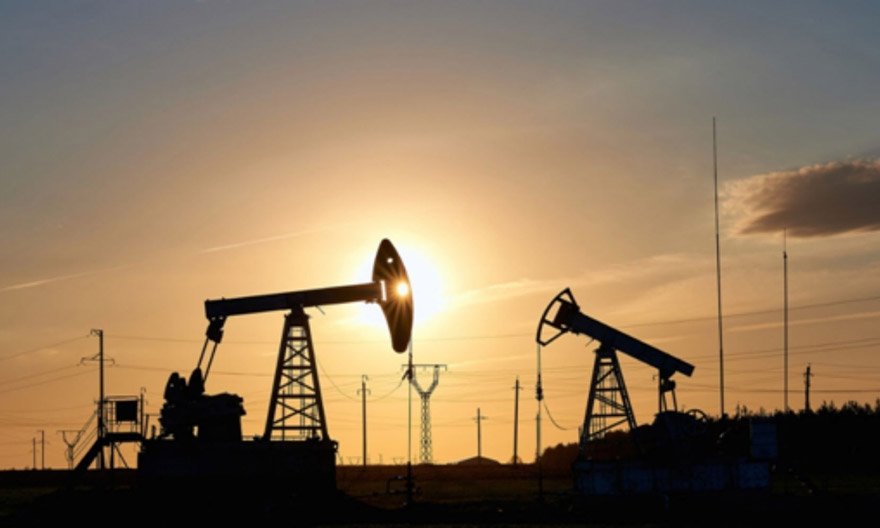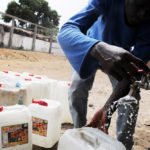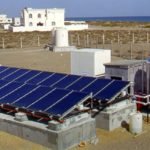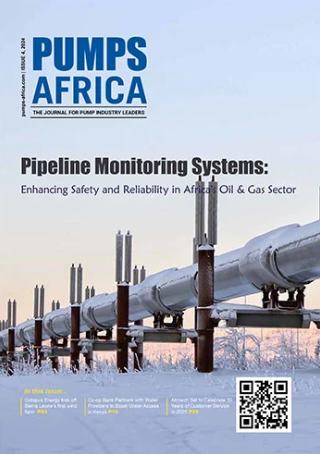Nigeria’s Minister of State for Petroleum Resources H.E. Chief Timipre Sylva has called for the establishment of an African energy bank to boost investments in the oil and gas sector.
Minister Sylva said the need for an energy bank is important as developed nations are phasing out funding for hydrocarbon-directed investments in a move for cleaner sources of energy. He explained that the bank would be the only alternative available to African countries to explore the vast hydrocarbon resources in the continent.
Minister Sylva also said the call for an energy bank is heightened by the passage of the Petroleum Industry Act, adding that the Act will open the oil and gas sector for huge investments in the future.
Nigerian oil output has fallen sharply in the past few weeks due to an oil spill near the Forcados export terminal. Nigeria had already been facing many operational and technical problems in the past few months. Key crudes such as Bonny Light, Escravos, Forcados, and Qua Iboe have all faced production issues in 2021. Shell declared force majeure crude loadings of key export grade Forcados on Aug. 13 due to “the curtailment of production and suspension of export operations as a result of some oil sheen noticed on the water around the loading buoy”.
The terminal was still not fully ready for operations due to the oil spill. Nigerian crude and condensate output in August fell 6.7% month on month to an average of 1.53 million bpd, according to data from the Department of Petroleum Resources (DPR). The decline is due to the issues at Forcados, and crude supply remains below its OPEC production quotas in the coming months due to the disruptions, with downside risk to 2022 forecast if operational setbacks continue.
READ: TotalEnergies appoint new manager to rekindle Mozambique LNG Project
Senegal
India’s Oil & Natural Gas Corp (ONGC) is exploring to purchase a significant minority stake in the $4 billion-plus Sangomar oil project off the coast of Senegal from Woodside Petroleum Ltd. State-owned ONGC is discussing acquiring an interest of 20% to 40% in the field. Also, Australia-based Woodside is working with Jefferies Financial Group Inc. on the sale, which could attract other suitors. Deliberations are ongoing with no certainty they’ll result in a deal. Woodside has built its position in the Sangomar field through a series of stake purchases.
Earlier in 2021, it bought FAR Ltd.’s participating interest after exercising its right to match an offer made by ONGC, taking its stake in the project to 82%, with the remainder held by the Senegalese government. Woodside acquired Cairn Energy Plc’s stake in Sangomar in 2020.
Senegal has been attracting oil and gas companies on the hunt for new resources. Cairn drilled the first deepwater wells in Sangomar in 2014, making one of the largest oil finds globally that year. Dallas-based Kosmos Energy Ltd. then made a series of major offshore gas discoveries starting in 2016.
GLOBAL
On September 9, crude prices slumped almost 2% as top importer China announced plans to release oil reserves to reduce pressure on its refineries. The U.S. West Texas Intermediate crude futures settled down $1.16 at $68.14 per barrel, while Brent crude futures settled down $1.15 at $71.45 per barrel. The U.S. Energy Information Administration’s weekly report for September 8 showed that crude stockpiles fell by 1.529 million barrels in the week ending September 3 to 423.9 million barrels against analysts’ expectation of a drawdown of 4.75 million barrels.
Oil prices faced downside due to mixed U.S. inventory drawdown. Also, China’s state reserves administration said it would release crude reserves to the market in phases via public auction to ease the pressure of high costs on domestic refiners. Chinese majors had to replace supplies purchased for September and October loadings from Royal Dutch Shell Plc in the U.S.’ Gulf of Mexico. Shell, the largest oil producer in the region, declared force majeure on deliveries to Asia due to hurricane Ida damages. Almost 1.4 million bpd of the Gulf of Mexico’s offshore oil production remains shut, and 1 million bpd of refining capacity remains offline. However, Chevron has resumed partial production at one of its six platforms. Offshore pipeline restrictions are limiting its ability to accept oil at two onshore terminals.







